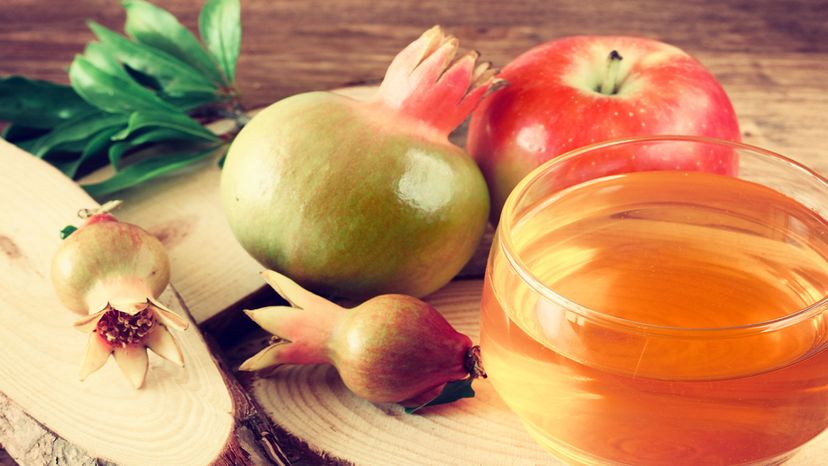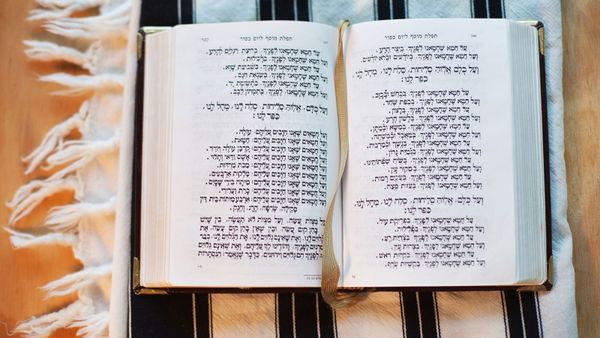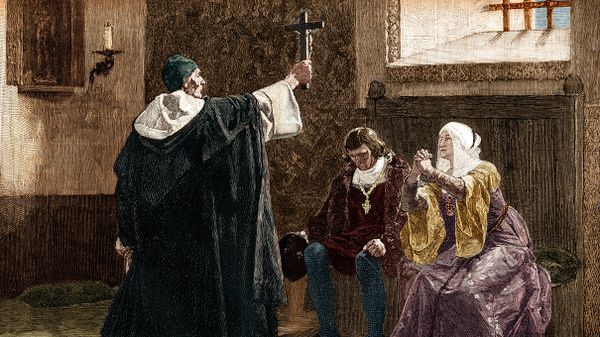Sometimes, variations of Shana Tova are also used as greetings during Rosh Hashanah. For example, on occasion, the Hebrew word for "sweet" may be added to the end of the greeting: Shana Tova u'metuka (pronounced ShaNAH ToVAH oohMehTooKAH).
Wishing someone a "good and sweet year" may also be accompanied by one of nature's sweet foods, including honey, apples, pomegranates or dates.
Apples and Rosh Hashanah
The apple, particularly apple slices dipped in honey, is one of the symbolic foods of Rosh Hashanah. In addition to being literally sweet, apples and honey have historically significant origins for people of the Jewish faith.
One of several origins is the story of Jacob, who, when he entered his father's tent for blessings, was told by his father Isaac that "Behold, the fragrance of my son is like the fragrance of a field, which the Lord has blessed."
The mention of the sweet-smelling scent is believed to have referenced the fragrance of the biblical Garden of Eden, and on Rosh Hashanah people of the Jewish faith pray to receive blessings just as Jacob did; eating apples invokes the blessing.


